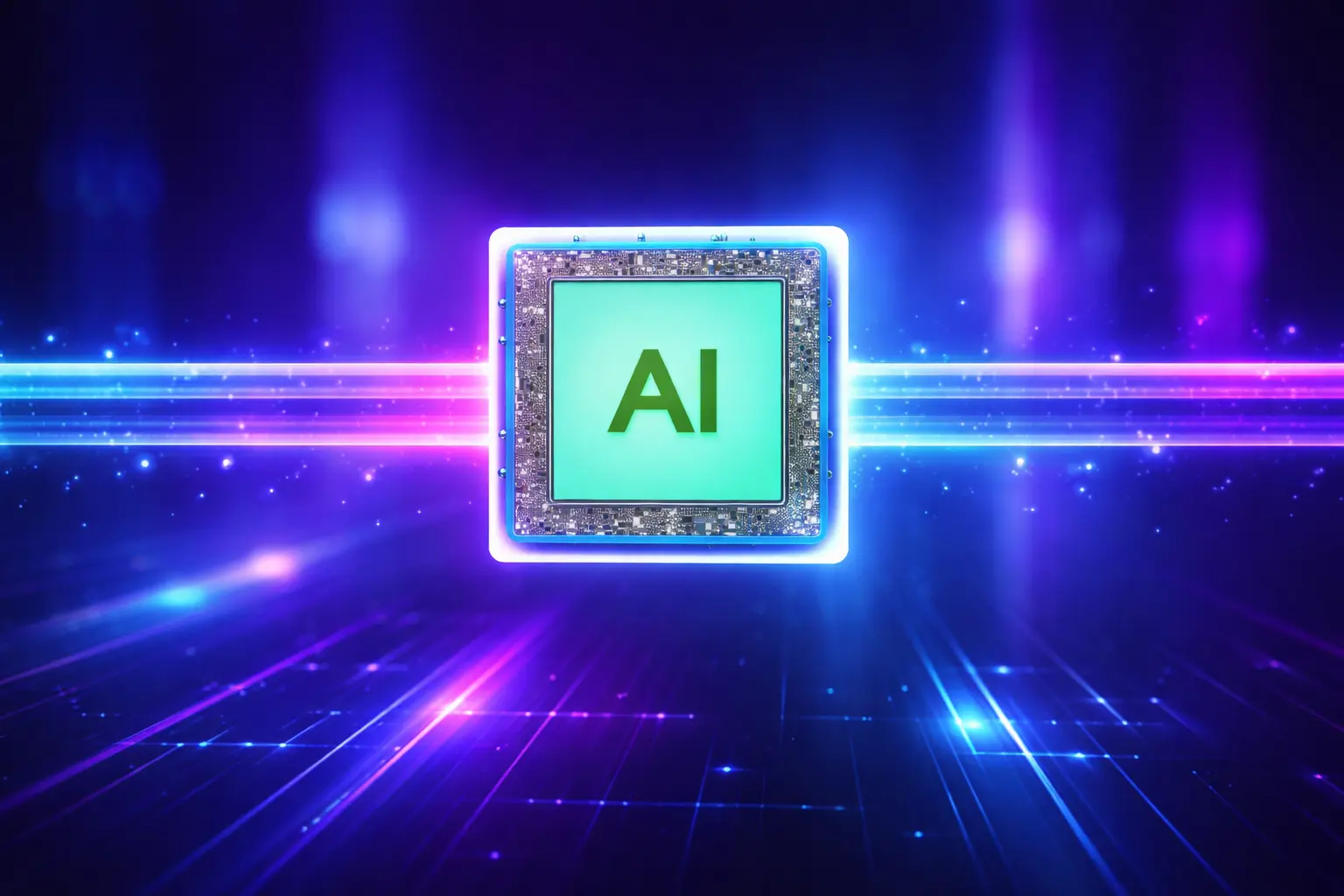
Each of us sees how technology is changing the world around us - from everyday shopping choices to the way we function at work. However, technological development alone is not enough. To meet the challenges of today, companies must dare to go a step further - to create changes and adapt tailor-made solutions.
As CEO of 10Clouds, I can proudly say that our path in the field of Artificial Intelligence has been over a decade of intensive research, experiments and successes that have not only enriched us as a company, but above all, brought real value to our customers.
AI as a response to real needs
Every organization faces unique challenges. Universal tools are often not sufficient, which is why personalized AI systems are gaining in importance. Example? Our client from the financial sector was struggling with a long credit decision-making process. We developed an AI tool that learned their procedures and regulations. Effect? Reduction of analysis time by 57% and almost complete elimination of errors.
In the e-commerce industry, a cosmetic wholesaler had a problem with time-consuming creation of product descriptions. Thanks to the automation of the process, 90% of that time was saved while ensuring consistency and compliance with legal requirements. Benefits? Greater flexibility in offer management and less room for errors.
Inspirations from the market
We see an innovative approach to AI not only in our projects. Klarna, a leader in the payments industry, increased team efficiency by 30% thanks to a tool that handles employee inquiries. PwC saved 88% time preparing analyzes before meetings with the clients using AI, and Bloomberg improved the effectiveness of market sentiment analysis by 113%.
These examples show that Artificial Intelligence is not the future - it is the present. However, its strength lies in its adaptation to the specificity of the organization.
How does AI tailored to the company work?
Personalized AI systems analyze the organization's data, mapping its processes and drawing conclusions from documents and market information. They provide real-time recommendations, supporting operations and anticipating future challenges. The key advantage is integration with the existing systems, which allows AI to develop with the company and adapt to its needs.
However, effective implementation requires understanding the specific needs of the organization. The process should be flexible so that the system can evolve with its goals.
Why is it worth trusting AI?
Artificial Intelligence is more than automation. This is an opportunity to build a competitive advantage and better understand customers. In e-commerce, it personalizes offers, in finance - it supports credit decisions, and in logistics it optimizes supply chain management.
AI increases operational efficiency while building customer trust and loyalty by providing them with tailored and reliable solutions. It's a game-changing technology that helps companies achieve their goals.
How to start?
Each AI implementation requires a well-thought-out strategy. The key is to identify the areas where technology can provide the greatest benefits. It is important to introduce solutions step by step, starting with high-potential projects.
However, we must not forget that AI is just a tool. Its effectiveness depends on people's involvement and their openness to changes. Successful companies treat Artificial Intelligence as a support for their teams, not as a replacement.
The future with AI
My experience shows that AI has the greatest potential in solving real problems - from optimizing processes to supporting the daily work of teams.
As a CEO, I regularly make decisions about the selection of technological tools and I know how important it is to adapt them to the specific nature of the company.
Therefore, I encourage you to reflect: what challenges could AI solve in your organization? Perhaps the solutions are closer than you think.



